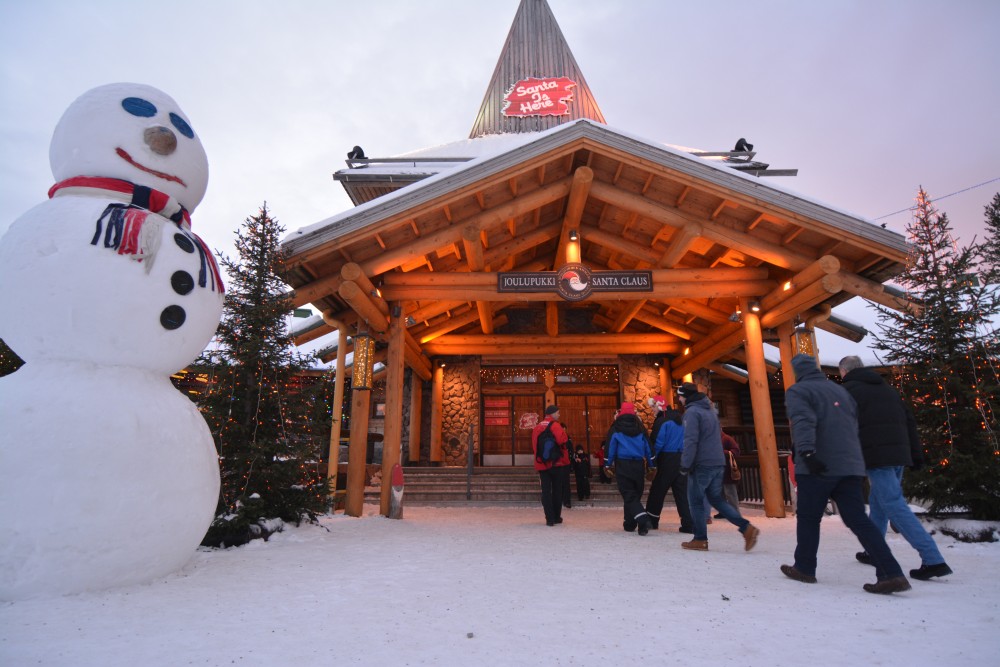
Inspections reveal poor treatment, underpaying of foreign workers by Lapland tourism firms
ADVERTISEMENT
Yle News reported last year that the exploitation of foreign workers by tourism firms in Finnish Lapland was an “open secret”.
Earlier this month, former colleagues of a young woman killed in a snowmobile accident in February spoke out about the excessive hours and demanding culture at one Rovaniemi-based firm.
However, Avi’s investigations appear to suggest that the problems are industry-wide in the region, rather than confined to one or two companies.
Yle has seen the reports compiled by Avi after the authority carried out inspections at a total of 17 tourism companies operating across the region, with problems and shortcomings found in several of the firms inspected.
Widespread underpaying
Avi’s reports revealed that foreign workers at several firms were not paid for overtime work or for Sunday shifts, as should be the case under the terms of the industry’s collective bargaining agreements.
Some of the companies said the discrepancy was explained by the fact that payment for working on a Sunday, for example, was already accounted for in the basic salary package. However, this is contrary to the terms of Finland’s Employment Contracts Act.
A number of firms also failed to provide the necessary documentation to prove whether the foreign workers on their payroll even had the right to work in Finland.
ADVERTISEMENT
160 hours in three weeks
The inspections also revealed that the firms failed to provide foreign workers with written explanations of the main terms and conditions of their employment, or in some cases failed to even give them employment contracts.
Employers also failed to keep proper records of working time or had not complied with the requirements of the Working Time Act on rest periods, leading to excessive working hours for some employees with insufficient rest periods between shifts.
In at least one company, foreign workers had been on duty for more than 160 hours in a three-week period, without any legally-mandated days off.
In addition, the inspections found that some workplaces had no occupational healthcare at all.
This story is posted on The Barents Observer as part of Eye on the Arctic, a collaborative partnership between public and private circumpolar media organizations.
ADVERTISEMENT
The Barents Observer Newsletter
After confirming you're a real person, you can write your email below and we include you to the subscription list.





